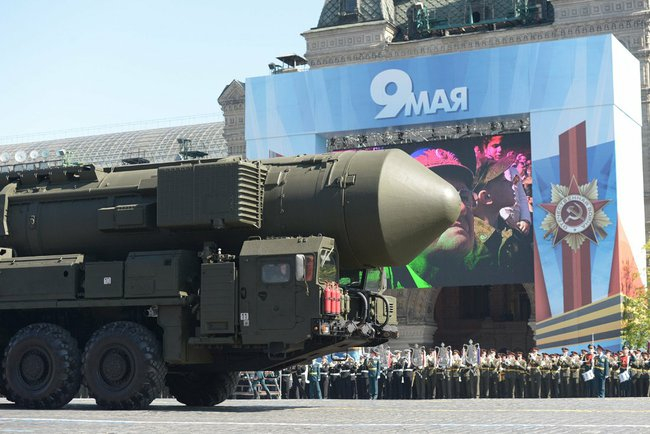Ukrainian Theatre as a Test for the Russian Military and Geopolitical Ambitions

Practical information
A closed seminar with Pavel BAEV, Research Director and Professor at the Peace Research Institute (PRIO), Oslo, Senior Non-Resident Fellow at the Brookings Institution, Washington DC, and Associate Research Fellow at Russia-NIS Center at Ifri.
Sustained and determined efforts at reforming the Russian Armed Forces have made it possible for Russia to execute swift annexation of Crimea in March 2014 and engage in "hybrid war" against Ukraine. Soon after the Minsk-2 agreement, it is necessary to assess more precisely Russia's military capabilities and geopolitical ambitions.
Chair: Tatiana KASTUEVA-JEAN, Head, Russia-NIS Center, Ifri
A seminar held in English
Speakers
Find out more
Ukraine: a Test for Russian Military Reform
In the recent years Russia has made a significant effort in favor of modernizing its armed forces which allowed it to execute the swift annexation of Crimea in March 2014. Nevertheless, the deteriorating economic situation casts doubts on Russia’s ability to continue these ambitious reforms.
Related Subjects
Other events

Post-war Europe: How to Redefine a Security Architecture Within a New Transatlantic Framework?
A new European security architecture has to be built. The question is: will this happen with or without Europe? The US President, Donald Trump, who returned to the White House a little more than two months ago, and the President of the Russian Federation, Vladimir Putin, have initiated talks to put an end to the war in Ukraine, with the possibility of Ukraine ceding territory to Russia being raised.

Doing Politics in African Cities: Actors, Causes and Forms of Urban Social Mobilization
From Maputo to Nairobi and from Lagos to Dakar: recently, African cities have been the theatre of mobilizations by groups of young protesters.










